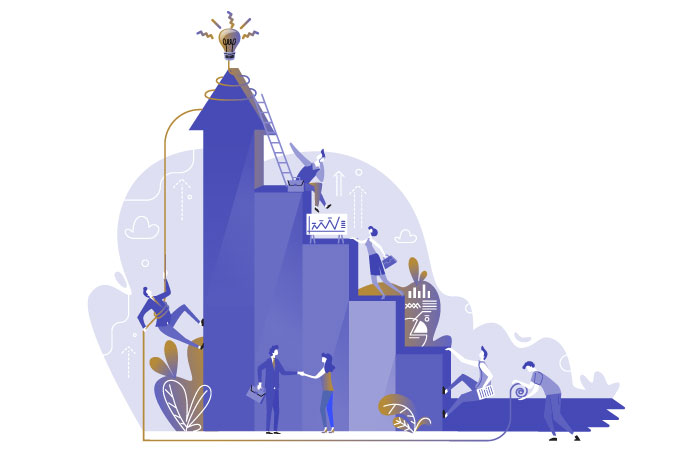
Progressive or Possessive
“What is progress? You might think that the question is so subjective and culturally relative as to be forever unanswerable. In fact, it’s one of the easier questions to answer.
Most people agree that:-
- Life is better than death.
- Peace is better than war.
- Safety is better than danger.
- Wealth is better than poverty.
- Health is better than sickness.
- Literacy is better than illiteracy.
- Freedom is better than tyranny.
- Happiness is better than misery.
- Sustenance is better than hunger.
- Knowledge is better than ignorance
- Intelligence is better than dull wittedness.
- Equal rights are better than bigotry and discrimination.
- Enjoying family, friends, and culture are better than drudgery and monotony.
All these things can be measured. If they have increased over time, that is progress.
Granted, not everyone would agree on the exact list. The values are avowedly humanistic, and leave out religious, romantic, and aristocratic virtues like salvation, grace, sacredness, heroism, honor, glory, and authenticity.
But most would agree that it’s a necessary start. It’s easy to extoll transcendent values in the abstract, but most people prioritize life, health, safety, literacy, sustenance, and stimulation for the obvious reason that these goods are a prerequisite to everything else. If you’re reading this, you are not dead, starving, destitute, moribund, terrified, enslaved, or illiterate, which means that you’re in no position to turn your nose up at these values – nor to deny that other people should share your good fortune.”
These are the words of Steven Pinker ‘see ‘Enlightenment Now: The Case for Reason, Science, Humanism, and Progress (New York: Viking Press, 2018)’
Progress raises an important question. Should people peacefully collaborate, trade, and grow economies to the benefit all by each being free to choose, or should good fortune be taken from some to be given to others, using extreme force in the name of ‘fairness’? If you agree that 7.4 billion people should be economically averaged by force to be ‘equal’, and if individuals do not get to make that decision for themselves, who does make that decision? Who chooses who gets what? By what criteria? At what cost? (administrative fees, taxes, public pensions, GST, PST, regulatory fees and expenses deducted at source of course.) The question is this:-
“What is your ‘fair share’ of what someone else has?” (-Thomas Sowell)
“What is someone else’s ‘fair share’ of what you have? (-mrs).
Are you a Progressive or a Possessive; a Maker or a Taker? Antropy is Progress for All.
